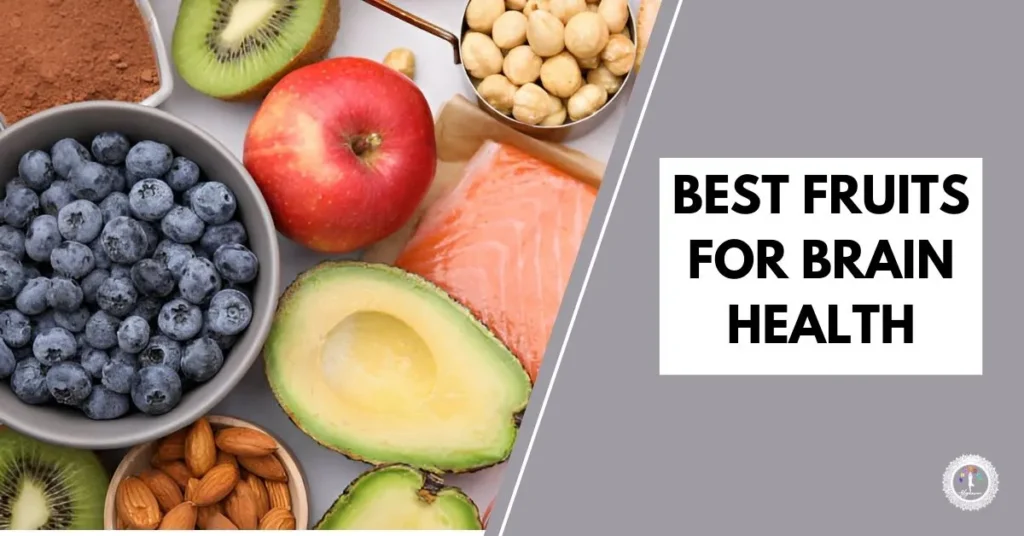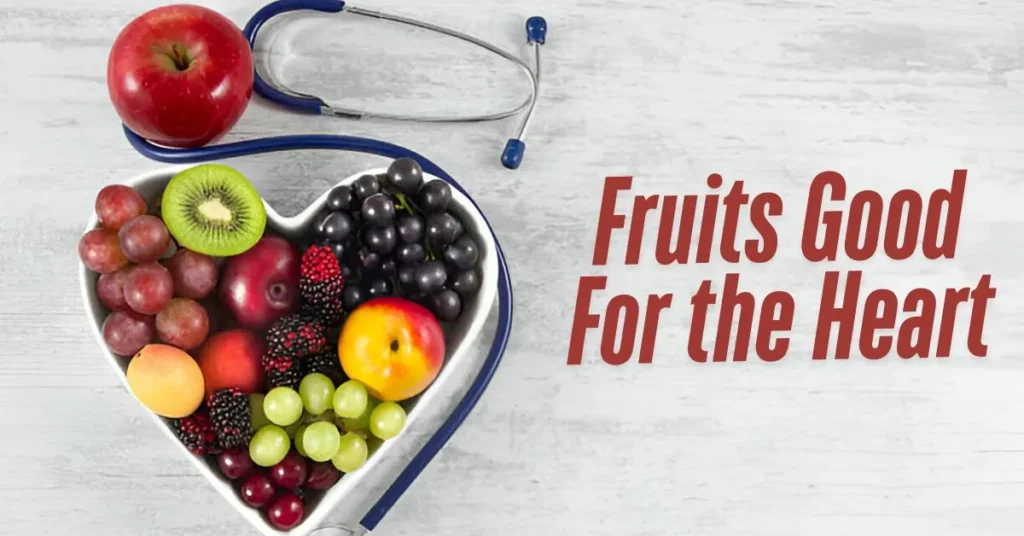We’ve all been there—feeling bloated, sluggish, or uncomfortable after a heavy meal. And while there are plenty of over-the-counter remedies, why not start with what nature offers first? Fruits are more than just sweet treats. They’re loaded with digestive enzymes, water, fiber, and antioxidants that work together to keep your digestive system running smoothly. Whether you’re facing indigestion occasionally or want to maintain long-term gut health, including fruits for digestion in your diet can make a noticeable difference. So let’s take a closer look at best fruits for digestion and know how fruits support digestion—and which ones top the list when it comes to keeping your tummy happy.
How Fruits Help For Digestion?
Fruits play a powerful and multifaceted role in digestion. Here’s how they work their magic:
- Rich Source of Dietary Fiber: Most fruits are naturally high in dietary fiber—both soluble and insoluble.
- Soluble fiber absorbs water and turns it into a gel-like substance, helping to slow down digestion and regulate blood sugar.
- Insoluble fiber adds bulk to stool, promotes regular bowel movements and prevent constipation.
- Natural Digestive Enzymes: Some fruits like pineapple, papaya, and kiwi contain proteolytic enzymes like bromelain, papain, and actinidin. These enzymes assist in breaking down proteins into simpler forms, making them easier to absorb and reducing the burden on your stomach.
- Hydration for the Gut: Water is essential for digestion, and fruits with high water content—like watermelon and oranges—help keep your gut hydrated. This softens stool, prevents constipation, and keeps the entire digestive process smooth.
- Prebiotic Properties: Fruits like apples and bananas contain prebiotics—a type of fiber that feeds the good bacteria in your gut. These bacteria support everything from digestion to immunity and even mood.
- Soothing the Digestive Lining: Some fruits are gentle and soothing, particularly for those with digestive sensitivity. Bananas and pears, for instance, help coat and protect the stomach lining.
So now that we know why are fruits good for digestion, let’s explore the fruits good for digestive health.
The Best Fruits for Digestion and Gut Health
Each fruit below brings something unique to the table. Here’s how they work, and how you can make them a regular part of your diet.
Pineapple
Pineapple isn’t just a tropical favorite—it’s one of the best fruits for better digestion out there. It contains bromelain, a digestive enzyme that specifically helps break down protein.
Bromelain reduces inflammation in the gut, improves nutrient absorption, and can even help relieve symptoms like gas and bloating after high-protein meals. This makes pineapple one of the best fruits for digestive system, especially after heavy curries or meaty dishes.
Tip: Eat a few chunks of fresh pineapple post-meal. Avoid canned versions, as they often lack the active enzyme.
Banana
Bananas are the ultimate comfort fruit for your gut. Rich in soluble fiber and natural antacids, they help balance pH levels in the stomach and promote smoother bowel movements.
They’re especially helpful during episodes of diarrhea or acidity, as they replenish lost potassium and aid electrolyte balance. Their soft texture also makes them ideal for anyone recovering from digestive distress.
Tip: Have one first thing in the morning or as a mid-day snack for easy energy and better digestion.
Apple
“An apple a day” holds true, especially for digestion. Apples are high in pectin, a soluble fiber that feeds gut-friendly bacteria and improves stool consistency.
They’re also a source of quercetin, an antioxidant that may help reduce inflammation in the digestive tract and support cognitive function—making them great fruits for brain health too.
Tip: Keep the skin on when eating—it’s where most of the fiber lives!
Papaya
Papaya is your gut’s best friend. It contains papain, a powerful enzyme that aids in digesting proteins. It also has anti-inflammatory and antimicrobial properties that may help with ulcers or infections in the GI tract.
Papaya’s high fiber and water content help cleanse the digestive tract and promote regular bowel movements. If you often feel heavy or sluggish after meals, papaya is your go-to fruit.
Tip: Try a small bowl of ripe papaya in the morning for the best effect.
Kiwi
Don’t underestimate the fuzzy little kiwi. It contains actinidin, a natural enzyme that speeds up protein digestion, along with a significant amount of dietary fiber.
Studies show that kiwi helps relieve constipation, bloating, and even IBS symptoms. It’s gentle on the stomach and also rich in Vitamin C and antioxidants.
Tip: The skin is edible and contains extra fiber—just wash it well before eating!
Orange
Oranges are not only refreshing—they’re excellent for gut hydration and regulation. They contain soluble fiber and natural sugars that stimulate bowel movements gently.
Their high water content helps prevent dehydration-related constipation, and the Vitamin C supports overall digestive enzyme activity.
Tip: Eat the whole fruit instead of juice to maximize fiber intake.
Berries
Berries like blueberries, strawberries, and raspberries are loaded with antioxidants, fiber, and anti-inflammatory compounds. These nutrients help protect your digestive lining and feed beneficial bacteria in the gut.
Berries are among the best fruit for digestion problems caused by inflammation or an imbalanced gut microbiome. Plus, their high antioxidant content makes them excellent fruits for heart health as well.
Tip: Add to yogurt, oats, or smoothies for a colorful and gut-friendly start to your day.
Pear
Pears are rich in insoluble fiber and contain sorbitol, a natural sugar alcohol with a mild laxative effect. They’re especially helpful for those struggling with slow digestion or constipation.
Their gentle sweetness and soft texture make them ideal for children, the elderly, or anyone with a sensitive stomach.
Tip: Eat them ripe and chilled for the most soothing effect.
Watermelon
While watermelon is low in fiber, its 92% water content makes it excellent for keeping the digestive system hydrated and reducing bloating.
It’s a good choice when you feel overheated or sluggish, and its light nature helps avoid stomach heaviness.
Tip: Eat watermelon on an empty stomach, between meals, for optimal digestion.
Conclusion
If you’re looking for a gentle, effective way to improve digestion, start by filling your plate with the right fruits. From enzyme-rich pineapple and papaya to fiber-loaded apples and pears, each fruit brings its own set of benefits to your gut. The best part? You don’t need a prescription. Just a little awareness and a colorful fruit bowl. At Yogaasan, we believe wellness starts with simplicity—and a healthy digestive system is where it all begins. So next time your stomach feels off, skip the pills and reach for a fruit instead.
Frequently Asked Questions
Which Fruit is Best for Digestion?
If we had to pick just one, papaya would top the list as the best fruit for digestion. Thanks to its powerful enzyme papain, it breaks down proteins, eases bloating, and supports regular bowel movements. Plus, it’s gentle on the stomach and packed with water and fiber. That said, every fruit listed in this blog plays a unique role in improving your gut health—so the real magic lies in enjoying a variety of them regularly.

